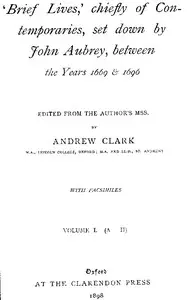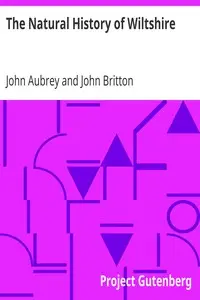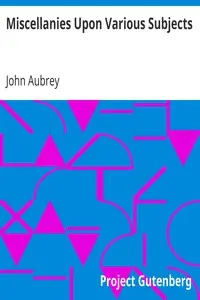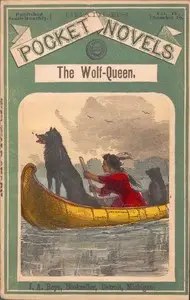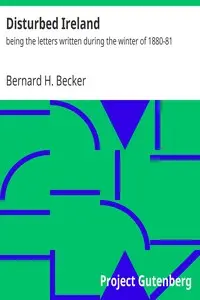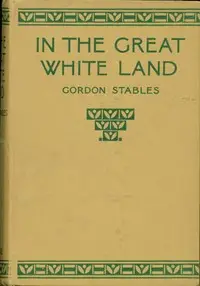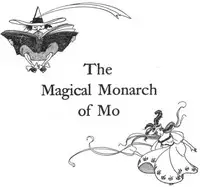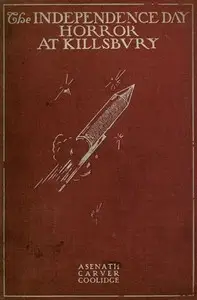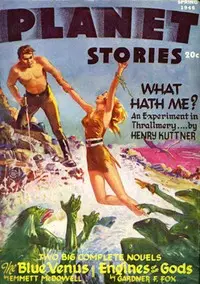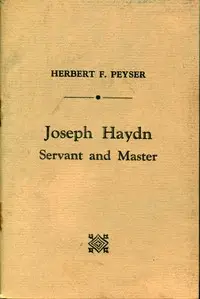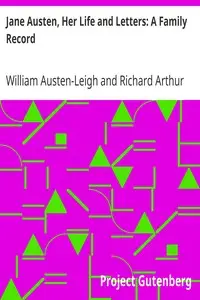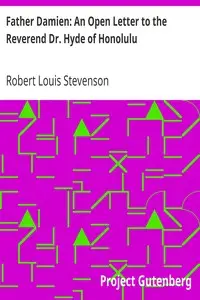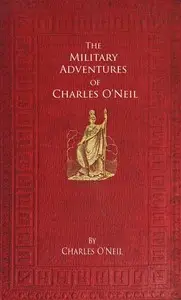"Brief Lives, Vol. 2" by John Aubrey is a collection of biographical sketches focused on notable contemporaries, written during the late 17th century. This volume, edited posthumously from Aubrey's manuscripts, contains brief accounts of various historical figures, shedding light on their lives, contributions, and personalities. The work provides a fascinating glimpse into the lives of those who influenced early modern England, emphasizing the importance of personal anecdotes and contextual details. The opening of the volume introduces a series of short biographical entries that include a diverse range of individuals, from inventors and physicians to poets and politicians. Each entry is marked by Aubrey's observational style, where he captures not only the achievements of the figures but also their unique characteristics and stories. For example, the text discusses figures such as Ingelbert, who developed a significant water supply project for London, and Henry Isaacson, a learned man who served as secretary to a bishop. The engaging anecdotes provided by Aubrey invite readers to reflect on the social and historical tapestry of the period, setting a tone that balances historical significance with personal storytelling. (This is an automatically generated summary.)
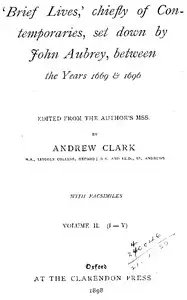
Brief Lives, Vol. 2
By John Aubrey
"Brief Lives, Vol. 2" by John Aubrey is a collection of biographical sketches focused on notable contemporaries, written during the late 17th century....
John Aubrey was an English antiquary, natural philosopher and writer. He was a pioneer archaeologist, who recorded numerous megalithic and other field monuments in southern England, and who is particularly noted for his systematic examination of the Avebury henge monument. The Aubrey holes at Stonehenge are named after him, although there is considerable doubt as to whether the holes that he observed are those that currently bear the name. He was also a pioneer folklorist, collecting together a miscellany of material on customs, traditions and beliefs under the title "Remaines of Gentilisme and Judaisme". He set out to compile county histories of both Wiltshire and Surrey, although both projects remained unfinished. His "Interpretation of Villare Anglicanum" was the first attempt to compile a full-length study of English place-names. He had wider interests in applied mathematics and astronomy, and was friendly with many of the greatest scientists of the day.

